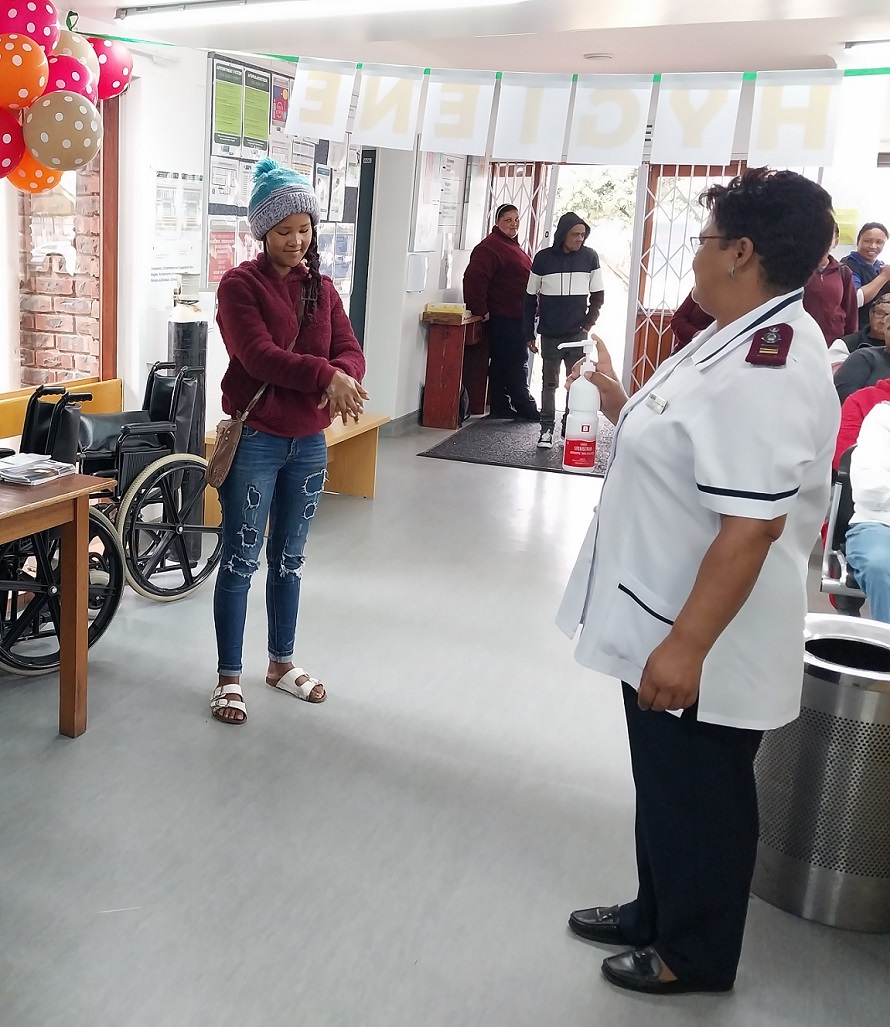
News
Warmer weather sees increased risk for diarrhoea
As temperatures are rising, so is the risk of your child contracting diarrhoea. Know the signs and what to do to save a child’s life.
Every year between November and May, the Western Cape experiences an increase in diarrhoea cases, which if not detected early can be fatal for our small children. This period is known as the Paediatric Surge Season (PSS). During the last PSS (November 2021 – May 2022) more than 48 000 children under 5 years of age were treated for diarrhoea at our public health facilities, with 5 290 needing to be hospitalised, while 15 young children tragically died due to severe diarrhoea.
Dehydration, due to gastro, remains one of the main causes of illness and death in children under the age of five years.
If your child gets diarrhoea, check them for these signs of dehydration:
- Dry or sticky mouth
- Few or no tears when crying
- Lack of urine, or only a very small amount of dark yellow urine
- Dry, cool skin
- Tiredness and irritability
- Dizziness
- Headache and stomach ache
- Thirstiness
If your child shows any symptoms of dehydration or you are not sure seek help at your nearest clinic. Do not wait in line, go directly to the healthcare worker or reception desk and let them know your child has diarrhoea and possible dehydration.
“We are on high alert at our facilities to treat patients, especially children under the age of five, that show signs of dehydration. We have Oral Rehydration Solution (ORS) corners in all our facilities. The department has integrated diarrhoeal health messaging at our Well Baby Clinics, which has resulted in increased awareness to the risks. We also have fast lanes at facilities for babies and toddlers with diarrhoea,” said Mr Zee Brickles, Director District Health Services: Garden Route and Central Karoo.
Signs that your child needs urgent medical care:
- Rapid breathing. It is a symptom of pneumonia and diarrhea
- Chest retraction
- If your child does not drink and/or vomits everything up
- If your child has convulsions
- Your child is weak and just stares into nothingness
- There is blood in the stool
- Your child is very sleepy or does not want to wake up
If you see these danger signs, do not hesitate – go to the hospital or call the ambulance immediately.
Causes and prevention
Diarrhoea is a highly infectious virus that thrives in hot weather, is transmitted by flies and preys on babies and children. Children who are malnourished, those who have not been immunised and perhaps have other illnesses are far more likely to contract gastro and develop fatal complications as a result.
Dirty water, dirty toilets, unwashed hands, bottle feeding with bottles that are not sanitised, uncontained waste (illegal dumping), contaminated food and flies will increase your risk of getting diarrhoea. It might not always be possible, but we should always aim to keep our hands, food, cooking utensils and toilets clean. Dustbins must be closed, animal faeces collected and thrown away, and food scrapings, used nappies and sanitary towels put into a plastic bag, knotted securely and thrown into a dustbin. Remember to wash your hands after completing these tasks.
Sadly, even with the best hygiene, many will still get gastro. Please try the oral rehydration solution outlined below to replenish lost body fluids. Take the solution with you should you need to take your child to the clinic so that your child does not dehydrate on the way: using a clean 1 L bottle, mix 1 L cooled boiled water with ½ a teaspoon of salt and 8 teaspoons of sugar. Mix well.
More information: First 1 000 Days: https://www.westerncape.gov.za/first-1000-days


